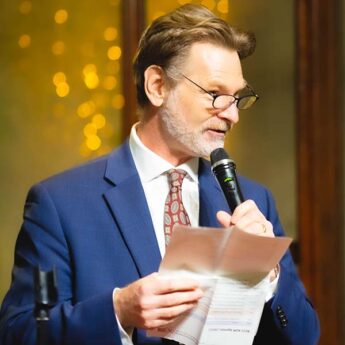As I write this column on the last day of Golden Week—a string of public holidays that is one of Japan’s most-anticipated times of year—it feels as if a spell is about to be broken.
For many people, this year’s extended 10-day recess provided a change of pace and a chance to escape regular routines. With two additional days off, some chose to travel, while others eased down to enjoy the comparative peace of a quieter Tokyo.
However you spent Golden Week, I hope that you returned to the reality of daily routines reinvigorated—mentally and physically. The fact that a 10-day holiday was, for so many, a radical departure from the norm says something about Japan’s work culture. There is much still to be done on that front.
New era
This year’s additional public holidays marked the imperial transition, the ascension to the Chrysanthemum Throne of Emperor Naruhito and the commencement of the Reiwa era. With the change comes a sense of anticipation for what the future might bring, and it will be fascinating to watch how the Emperor and his wife, Empress Masako, develop their roles as both stewards of tradition and symbols of a modern, vibrant country—one with an increasingly important role to play in the international order.
We hope for the health and good fortune of the Imperial family, together with happiness, peace and prosperity for the people of Japan. And, in a humble way, the UK will feel a special connection to the new Emperor and Empress, as they were both educated at the University of Oxford.
Academic influence
For most graduates, the experience of university provides more than a formal education—it also serves as an incubator from which to explore and develop values that will shape attitudes and guide lifelong decision-making. In this way, the provision of high-quality British education to some of the finest young minds from outside the UK plays a crucial part in ensuring that values we hold dear, such as freedom, tolerance and the rule of law, can flourish throughout the world.
Objectively, the UK excels at higher education. According to The Times Higher Education World University Rankings 2019, Oxford and the University of Cambridge are placed first and second. They are joined by a further nine centres of excellence for a total of 11 British universities in the top 100 globally. Only the United States has more.
Statistics paint a compelling picture not only of quality, but also of influence. To that end, British Foreign Secretary Jeremy Hunt recently tweeted that more than one-fifth of the leaders of the UN member countries have been educated in the UK. In this way, he notes, UK higher education is an integral part of Britain’s immense soft power.
Refreshed leadership
Given its proximity to the beginning of a new era, it is easy to forget that the British Chamber of Commerce in Japan (BCCJ) Annual General Meeting, on 24 April, saw the election of a new Executive Committee (page 17). I congratulate them, and thank them for their commitment. It is a privilege for me to serve as president in what will be a momentous year for UK–Japan relations. Rejuvenated post-Golden Week, I hope that BCCJ members are ready and eager to embrace the opportunities that will come their way.

